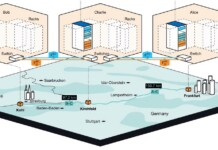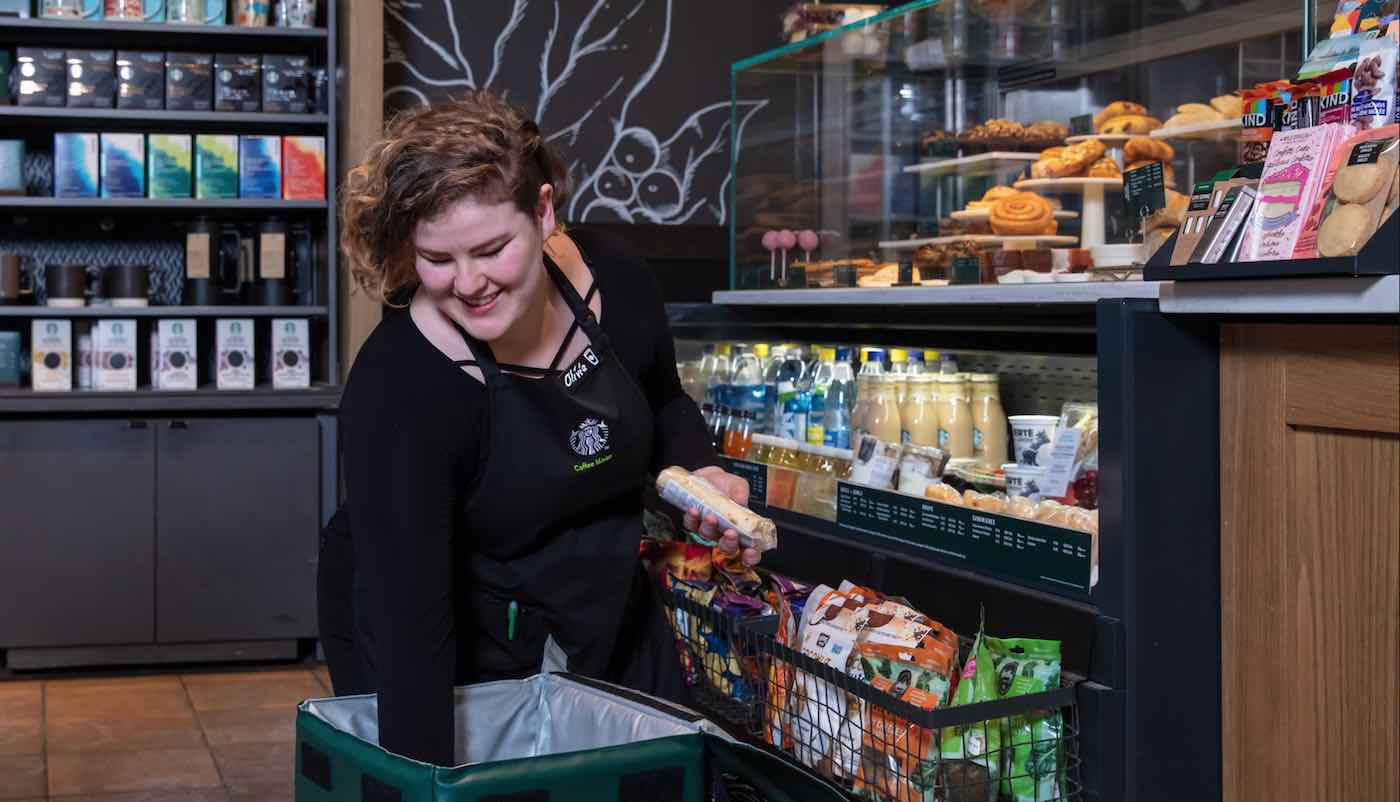Though Canadian Starbucks stores have always donated unsold pastries and baked goods to charity, the company is now going one step further.
Earlier this week, Starbucks Canada announced the launch of Starbucks FoodShare: a national effort to provide nourishing, ready-to-eat meals to people in need by ensuring that all of their edible, non-expired products will be rescued from the trash can as well.
The FoodShare project is part of the company’s commitment to eventually rescuing 100% of their food available for donation from its more than 1,100 company-owned stores, amounting to a whopping total of 1.5 million meals for the hungry every year.
The initiative, which builds on a successful pilot program with Second Harvest, the largest food rescue organization in Canada, will launch in Ontario starting with more than 250 stores in the Greater Toronto Area by February 22nd. Starbucks is now working to expand the program to even more cities and provinces, with a goal to have a national solution in place by 2021.
RELATED: 12-Year-old Boy Gives Away Thousands of Lunches to the Homeless – and He’ll Soon Have His Own Truck
“Wasted food is a wide-scale problem for everyone in the food business, while more than 4 million Canadians are impacted by hunger,” says Luisa Girotto, the vice president of public affairs at Starbucks Canada. “This is unacceptable, and we will help solve this now that we have a way to safely donate chilled, perishable food, while preserving its quality.”
Starbucks previously invested in research and quality assurance-testing to develop a sector-leading program ensuring that chilled and perishable food can be safely donated to those in need. This means that nourishing company products, such as breakfast sandwiches, paninis, protein boxes, salads, yogurt, milk and dairy alternatives like soy and coconut, can be safely donated and enjoyed by those in need.
The FoodShare program has identified guidelines and developed a training framework on maintaining food temperature, texture, flavor so that it is guaranteed to maintain its quality and safety. In turn, Second Harvest will work with local community groups across the province to collect the food and enforce the new food safety standards.
LOOK: In Bid to Cut Food Waste, Kellogg’s is Using Their Rejected Cornflakes to Make Beer
“We’re thrilled to partner with Starbucks to support food recovery in local neighborhoods to ensure people have the food they need to be healthy while also making a positive impact on the environment,” says Lori Nikkel, CEO of Second Harvest. “We all have a part to play in reducing the social and environmental costs of food waste and it’s great to see Starbucks taking a leadership role.”
In addition to combatting hunger, the Starbucks FoodShare program will divert food surplus from landfills, which will help to minimize the company’s environmental footprint. In Canada, it is estimated that nearly 60% of all food produced is lost and wasted annually, according to a recent study titled The Avoidable Crisis Of Food Waste. To limit the effects of climate change, the United Nations has set a target of halving food loss and waste by 2030.
The movement to donate unsold food has been gaining momentum globally, with consumers showing increased concern for the greater issue of waste – and this initiative is just one way that Starbucks is joining in on the conservational mission.
Be Sure And Share This Grande Good News Story With Your Friends On Social Media




















